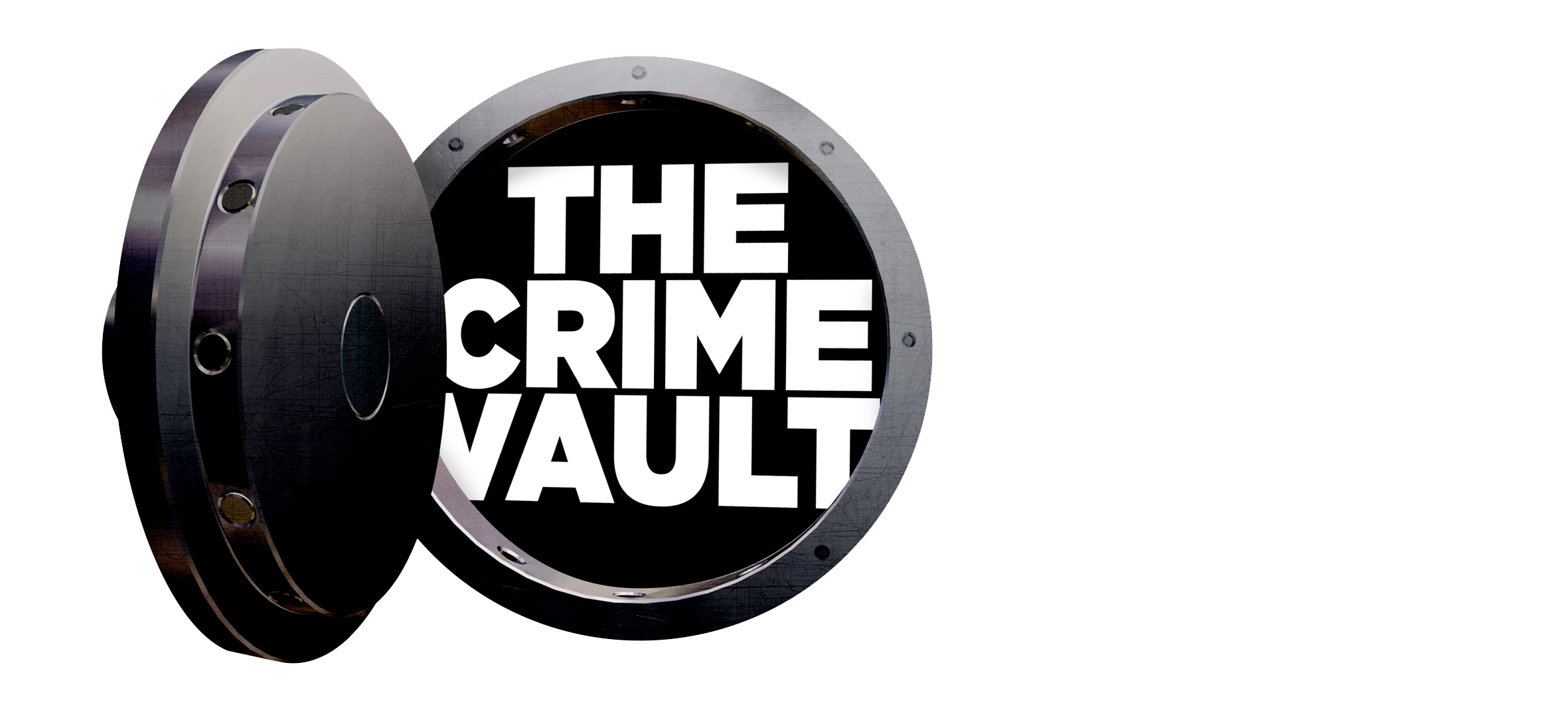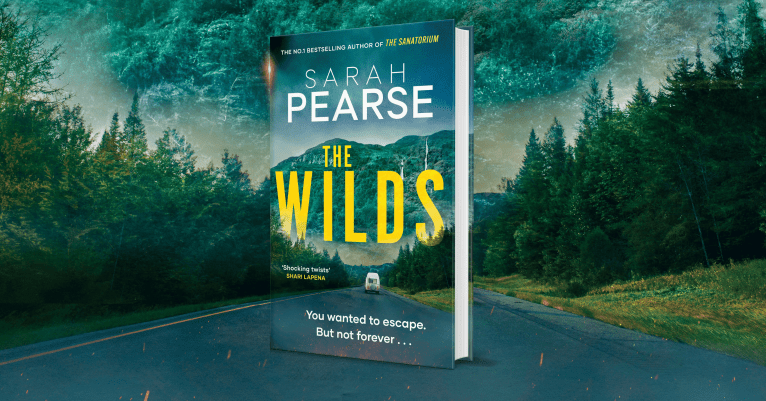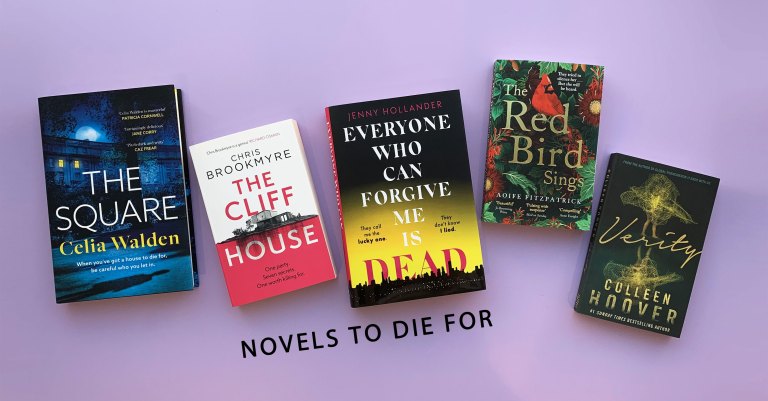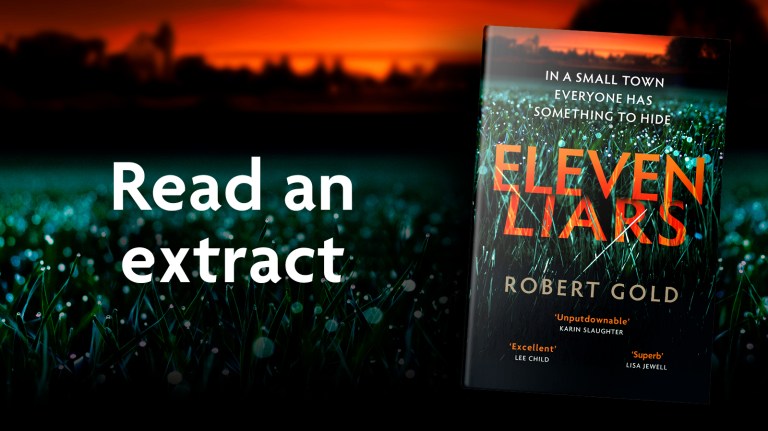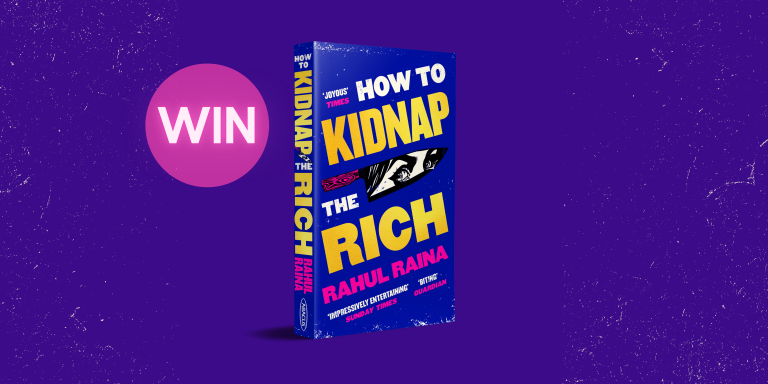Alex Marwood and Alison Gaylin – ITW Nominees

Five months ago, Sphere crime authors Alex Marwood and Alison Gaylin forged a friendship online, based solely on a shared fixation on Bravo TV’s Real Housewives shows. They’ve since discovered they have a lot more in common (who knew that crime writing and reality TV were so closely allied?). And now they’ve found themselves both nominated for the International Thriller Writers awards, in the paperback originals category.
If they were closer in personality to the Bravo divas they adore, they’d be spreading vicious rumours about each other’s husbands, stripping careers and/or plastic surgeries, with the knowledge that all will be revealed on the live reunion show. But both prefer to save their drama for the page.


In Alex’s The Wicked Girls, a series of brutal murders in a British seaside town draws together a journalist and a carnival cleaner who share a dark secret from their youth. In Alison’s And She Was, a private investigator with perfect autobiographical memory finds ties between a young American girl’s disappearance ten years ago, and a series of murders in the present day.
Here, Alison and Alex discuss crime writing, their very favourite TV show and whether the Real Housewives term ‘prostitution-whore’ is a compliment in the United States…
Alex Marwood: OMG – Alison – have you seen that we’re up against each other at the ITW awards? Am I going to have to flip the table at you?
Alison Gaylin: Just as long as you don’t call me a ‘prostitution-whore’ – that’s my line! In all seriousness, I love your book, and I’m very excited to have been nominated alongside you, even though it seriously diminishes my chances. By the way, it’s really interesting that shortly after we became friends, we were both nominated for the same award in the same category and I was picked up by your British publisher…If I didn’t know better, I’d say someone had scripted this.
Alex: I know! It’s the stuff of fantasy, isn’t it? As you know, I bloody loved And She Was, so it’s wonderful that we’re both in the same stable now, as it were. I only wish I could make it to Thrillerfest and throw a drink in your face. This is my first ever shortlisting – well, apart from the travel writing prize I didn’t win ten years ago when I was still a journalist – so I’m beside myself. But how are you feeling? This isn’t your first time round the block for prizes, is it?
Alison: I’m very excited. I’ve never been to a Thriller Awards, but I was nominated for an Edgar award for my first novel, Hide Your Eyes. I was pretty shocked, and being the only paperback original in the category, I was relatively sure I wouldn’t win. I was right, but going to the ceremony was such an exciting experience. Nominated alongside me was Megan Abbott – so while neither one of us came home with an award that night, we wound up stumbling around the room together and becoming great friends. I really wish you could come to the ceremony, Alex. Any chance I could change your mind?
Alex: I really, really wish I could, but I’ll be wishing you all the luck in the world *preens self for own magnanimity* from across the pond, honey.
And so funny you should mention Megan Abbott – she’s another Real Housewives obsessive, isn’t she? What is it with crime writers and the RH, do you think?
Alison: I think it’s all about the high drama, don’t you? The backstabbing, the intrigue, the dark secrets (true or not) revealed at the most dramatic times. In real life, I think we all tend to shy away from drama, crime writers included. But the housewives rush towards it and embrace it for all it’s worth. They upend tables, they throw drinks, they use the most colourful language to cut each other out of their lives for ever, and then turn around and embrace each other with equal fervour at the most unexpected of times. Sure, a lot of this stuff has got to be scripted – but what a script!
I do have to say, though, the characters in The Wicked Girls seem more real than any of the real housewives. They are some of the most fascinating, flawed characters I’ve ever come across. How did you come up with them – are they based in anyway on people you know?
Alex: Oh, bless your heart. Though I’m not sure if, for me, it’s not the simple pleasure of being able to see pure evil at work without having to actually engage with it…
It’s a funny old thing, with writers and their characters. I know we all like to say that our characters are the product of pure imagination, but that’s a bit of an oversimplification, isn’t it? I think a bit of oneself goes into every major character one writes, even if only from asking oneself the age-old ‘how would I feel/what would I do if…?’ question.
I do feel an affinity with Bel and Jade in The Wicked Girls, though, because I had the misfortune to attract a stalker as an early teenager – and she was one of my teachers. And when I failed to give her whatever it was she wanted, she set about a concerted – and successful – campaign against me. In a different era, my side might have been listened to, but as it was I only narrowly managed to get into university and it’s an experience that had a profound effect on my adult self. It’s left me with a deep distrust of authority and a knee-jerk habit of questioning my own, and other people’s assumptions, and these are major themes in my work. So my understanding of how the events of one’s childhood can shape the adult you become, and how people can be destroyed by society’s assumptions about them, certainly fed into my empathy for Bel and Jade and their struggles to become functional adults.
But you, though – how on earth do you get inside the mind of someone like Brenna? I absolutely loved this character; partly because I’d be terrified to take on something as blindingly complicated in terms of the writing and structure as the condition you’ve given her. But also because, with my own obsessive-compulsive tendencies, the thought of having perfect recall and no control over when I’d loop into it scares the bejaysus out of me.
I particularly admired the way you wove Brenna’s flashbacks into the actual narrative and make them far more than a simple shedding of light – but an actual problem for Brenna, both in the day-to-day and in situations in which she might be at risk. Is it a complete headache to do? Do you have some incredibly complicated plot-board hidden away somewhere? Where on earth did you come across this condition in the first place, anyway?
Alison: That’s really fascinating – the stalking element in The Wicked Girls is terrifying, one of the main reasons being that it’s so believable. How great you were able to take such a negative experience and parlay it into great crime fiction!
As for Brenna, thank you! What happened was, my husband showed me a magazine article about a man with hyperthymestic syndrome back in 2007. I’d never heard of it before – and my first thought was, ‘How awful’. I didn’t think of it so much as the ability to remember everything, but the inability to forget anything – which to me sounded like a form of torture. It’s said to only affect a handful of people in the world so I thought it would be a wonderful character to explore, someone for whom the past is a constant companion. That said, the books are incredibly hard to write. The past is not hazy in Brenna’s life – it’s just as vivid and detailed as the present, so I need to keep track of a lot. Since I don’t have perfect memory, I wind up drawing up several timelines for each book – and even then I still get stuff wrong. I do a lot of rewriting. I’d never met anyone with hyperthymestic syndrome before writing the first book, but since then, I’ve met two people at signings who’ve told me that they have it.
If you could write a novel about any of the Real Housewives, which one would you pick?
Alex: Oh, it’s so hard, isn’t it? So many to choose from! Though actually my favourites to watch – New York’s terrifying Ramona Singer and the way her eyes roll back in her head like a shark when she’s about to attack, or the stone-faced hanger-on Faye Resnick from Beverly Hills (you have to be going some to be described as ‘Morally Corrupt’ by a Playboy Bunny) would garner you cries of ‘unrealistic’ if you tried to put them in a book. But I really want to do something about Narcissistic Personality Disorder in the next book, and this franchise is a delicious fertile source of research material…
So glad that Brenna’s story is part of a series. Will we ever find out what happened to Brenna’s sister, Clea? How far ahead have you plotted this element of Brenna’s character – and do you find it harder, or easier, writing a series, with all these balls to keep in the air?
Oh, and – if you were a detective investigating a murder, which Real Housewife would you be most suspicious of? And was the poison disguised as Ramona’s Pinot Grigio?
Alison: Ramona would be amazing to write about, I agree. But I think if I were investigating a murder, I might be most suspicious of Beverly Hills’ Brandi. Precisely because she seems to be so upfront about everything. And she’s kind of charming. Someone like that almost always has something to hide. Plus, we know all about her ex and his new wife … sheesh, talk about motive.
Yes, Brenna is part of a series. The second one, Into the Dark, came out in the states this past February and it brings us much closer to finding out what happened to Clea. It comes out in the UK this November. I’m currently working on the third, and while I don’t want to give anything away, let’s just say yes. I do know what happened to Clea, and all will be revealed.
Speaking of books coming out in the UK, I am thrilled to be sharing a publisher with you! But other than Mark Billingham chastising me for pronouncing ‘herb’ incorrectly, I haven’t gotten any advice from British writers about how to relate to UK audiences. Any words of wisdom?
Alex: Oh, Lord, honey, I’m the last person to ask! I barely leave the house!
The Brits aren’t as different from the Americans as we all like to convince ourselves. Just remember to say ‘please’ and ‘thank you’ a LOT, and preface any request with the word ‘sorry’. Sorry: I’ll rephrase that. Preface any sentence with ‘sorry’ and you’re on to a winner.
While we’re on the subject: any tips for getting ahead in the States? The Wicked Girls comes out there just after the ITW awards this July, and I’m excited and terrified in equal measure. Do I really need to say ‘Bring it on, bitch’ every time I go to a games night?
Alison: You don’t have to say, ‘Bring it on, bitch’, but it helps. If they get too competitive, a good ‘Bitch, please’, will get you back on even footing.
Just be careful crossing the street. And stop putting all those ‘u’s in your words. That’s all you really need to know. (By the way, if you meet my family, my daughter may ask you if you know Harry Styles. Play along.)
Now, back to your travel writing award nomination… journalism is something else that we have in common – besides the ITW nomination and the publisher and the Real Housewives obsession… hmmm… this is starting to get scary. Anyway, we’ve both had quite a bit of journalism experience, and I notice that one of your main characters is a journalist as well. How do you feel your journalism experience has influenced your crime writing?
Alex: Yes, it is spooky, isn’t it?
I was mostly a jobbing features writer, coming up with a thousand words on absolutely anything someone asked me to for The Independent, for ten years or so. I also wrote about TV, film and restaurants, and did quite a bit of travel writing. The award shortlisting was for a piece about the Kentucky Bourbon Festival, which I have to say, was one of my greater moments of culture shock. Downtown Bangkok was nothing on that!
I think life as a working journalist taught me a huge amount about writing – more than my English Literature degree, if I’m honest. It taught me so much about not being too precious, and made me comfortable with – even grateful for – editing, something I know other writers struggle with. And just the day-to-day of being forced outside one’s comfort zone and having to make conversation – and not small-talk conversation, either – with strangers was just fantastic for my confidence and knowledge of the world. The Wicked Girls was a bit of an elegy for that amazing period of my life. Do you feel the same? Of course, you’re still working. I did one book, under my other name, while still working full-time, then I pretty much jumped over the wall. Do you find it hard to do both?
Alison: I agree with you completely – I’ve developed so much of my attitude as a writer from being a journalist. One of my very first jobs was as a theatre writer for the Pasadena Star-News. I remember my editor going over one of my first articles and her first comment was, ‘This is just terrible’. From then on, I never had much of an attitude about my writing. I’ve always been receptive to edits and revisions and as you say, not precious at all.
Yes, I’m still working as an entertainment journalist. Sometimes, I’d like to jump the wall as you have and devote myself entirely to fiction. But I do find that the two types of writing feed each other. Working my journalism job makes me appreciate the time I have to work on my books and vice versa.
Alex: Bitch, please!
Alison: Don’t make me get started, prostitution-whore …. Wait. Am I supposed to say ‘sorry’ first?
Alex: (upends table) Bring it!

To read more about The Wicked Girls, click here.
To read more about And She Was, click here.

The International Thriller Writers Awards 2013 will be presented on 13/07. You can wish @AlexMarwood1 and @AlisonGaylin good luck on Twitter!
